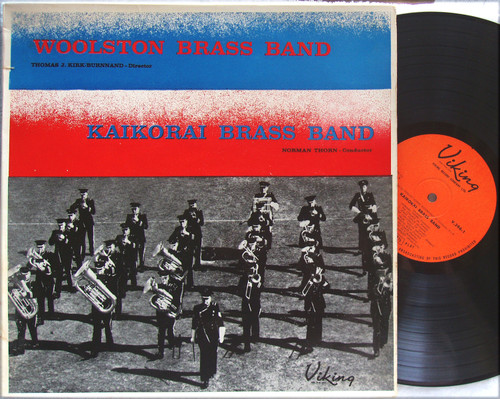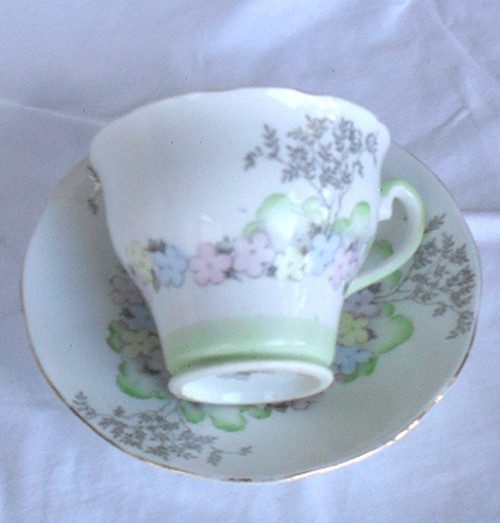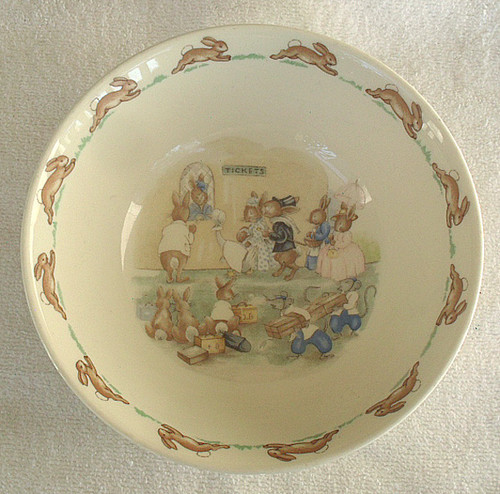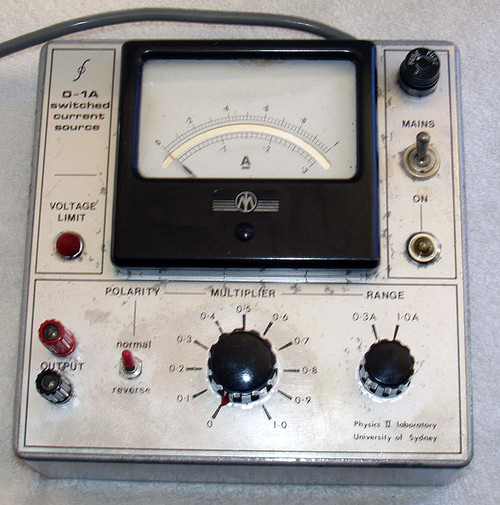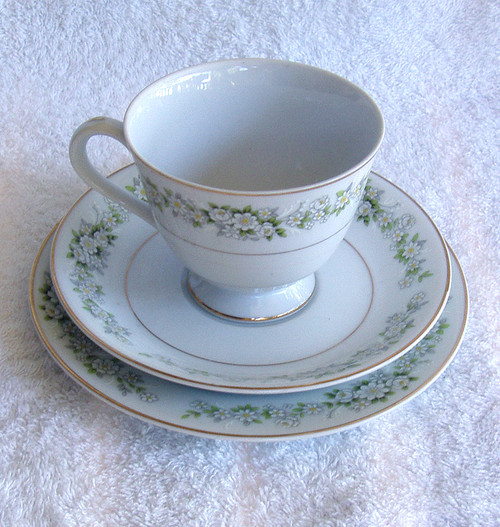A blast from the past!
1960's, no plastic used in this very visually interesting ferrite antenna assembly. Brass metal ends, rubber grommets support the ferrite rod and a phenolic resin tubular former sits on the ferrite rod.
The previous windings have been removed, leaving a nice clean former for your new windings.
This is very "old school" but once installed on top of your project LF/MF* or even VLF* receiver, it will certainly stand out from the crowd with those nice golden brass end supports.
This assembly was previously used in a special LF/MF receiver dating from years ago. The antenna coils were wound to provide a tuned circuit ranging from 400Khz up to around 900Khz (you can still hear CW and other interesting signals (plus TONS of crashes and bangs!) down at these frequencies)
OR
At one time there was an interest in building a VLF receiver, but I didn't look into the feasibility of using this ferrite assembly.
What is VLF?
How low can you go? We are talking 3Khz ~ 30Khz (yep, begins in the audible hearing range)
The VLF band is used for a few radio navigation services, government time radio stations (broadcasting time signals to set radio clocks) and for secure military communication. Since VLF waves can penetrate at least 40 meters into saltwater, they are used for military communication with submarines.
Problem is that we are talking LONG wavelengths down at these frequencies so this ferrite rod probably wouldn't do the job for such a project.
Ferrite Rod
Philips: 4311 020 52221
9mm diameter x 200mm long
Former:
Tan phenolic resin based tube which slides over the ferrite rod.
95mm length
End Supports:
Brass (I have buffed them up to you can envisage how they may look in your project!)
40mm height from the mounting base to the centre of the ferrite rod
Each support has a locating tab and mounting hole (bolt not supplied)
Support width is 19mm x 1.5mm thick
Support rubber grommets
These are nothing special, rubber material
COSMETIC CONDITION:
Very good condition.
NO damage to the ferrite rod (no chips and certainly not cracked)
Phenolic former is also in excellent condition
Brass end supports are straight and VERY strong.
Rubber grommets are presently "ok" but one grommet has split when I removed it for the photographs - old rubber always fails eventually (it is around 60 years old!) but it will still the job of supporting/insulating the ferrite rod from the supports. If it really bothered the new owner, I am pretty sure that obtaining a replacement grommet set will not be difficult - nothing special about these.
Ferrite in particular is fairly unforgiving if knocked around so I have now packed this assembly on a stiff cardboard backing and sealed in plastic, ready for the new owner.






